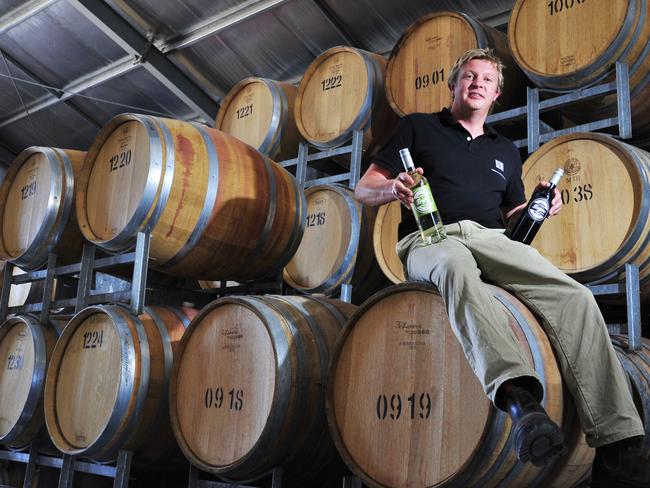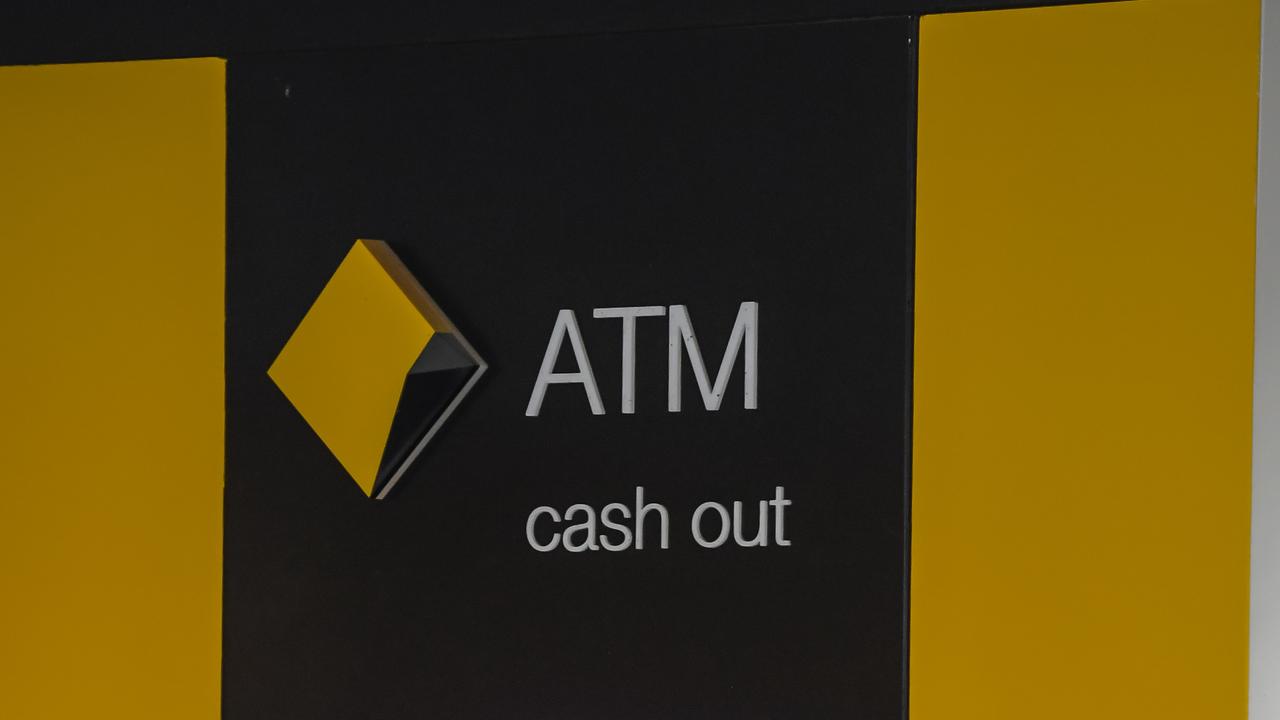Australia-China free trade agreement: What it means for you
IT’S being billed as the deal of a lifetime for Australia’s economy, and after nine long years, it’s finally being signed in Canberra today.
IT’S being billed as the deal of a lifetime for Australia’s economy.
After nearly a decade of intense negotiations, the Prime Minister is expected to sign a free-trade agreement (FTA) with China today in Canberra.
This morning PM Tony Abbott announced that negotiations for a China-Australia Free Trade Agreement had been completed, following a meeting with China’s President Xi Jinping.
“Trade and Investment Minister Andrew Robb and Chinese Commerce Minister Gao Hucheng will sign a Declaration of Intent this afternoon, undertaking to prepare the legal texts in both languages for signature,” Mr Abbott said in a statement.
“I look forward to making further announcements on this landmark agreement later today.”
The deal is expected to open up billions of dollars in new markets for Australian exporters.
But not everyone is welcoming the agreement. Radio host Alan Jones said this morning that the deal would not pass the “pub test” and Mr Abbott did not have a mandate.
“China are giving us nothing. The dairy farms are owned by China,” Jones said.
“The public are very, very angry Prime Minister about this I can tell you.”
The Greens have also come out against the deal, agreeing with Mr Jones that it did not pass the pub test.
Details emerging today show that the agreement could free up more than 90 per cent of Australian exports from tariffs over the next four years. According to Fairfax, dairy farmers could also gain access to China’s lucrative infant formula market.
However, state-owned Chinese companies will likely miss out on preferential treatment, with the threshold at which an investment will attract scrutiny by the Foreign Investment Review Board to remain at zero. However, this threshold is expected to be increased for private companies, from $248 million to $1 billion.
If signed, it would be the third such deal in three months following similar agreements with Japan and South Korea.
MORE: Australia signs FTA with Japan
The opportunity to get unfettered access to China’s $10 trillion economy which is growing 7.7 per cent a year and poised to become the biggest in the world, could lift Australia’s economic prospects to the next level.
MORE: South Korea FTA raises labour concerns
So as government negotiators hammer out the final details behind closed doors, here’s what the deal could really mean for the rest of us:
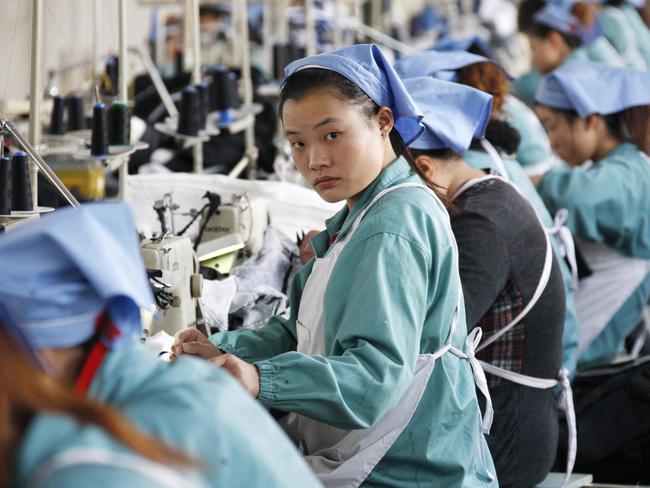
WHAT’S THE DEAL?
With $150 billion in annual trade, China is already Australia’s largest trading partner.
However rapid urbanisation and a growing middle class in the country of more than 1.36 billion people makes it “vital to Australia’s future economic prosperity,” according to the Department of Foreign Affairs and Trade.
The deal has been in the works since 2005 and covers a complex series of agreements on everything from agricultural tariffs to quotas, manufactured goods, services and investment.
While this week, delegates have been nutting out finer details on things like “rules of origin” and “customs procedures” in the 21st round of negotiations, the broad scope is to cover three things; reduction in trade tariffs, removing regulatory barriers and fostering more foreign investment.
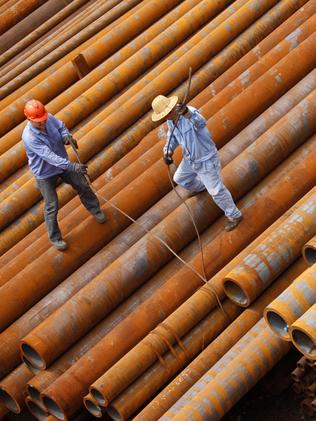
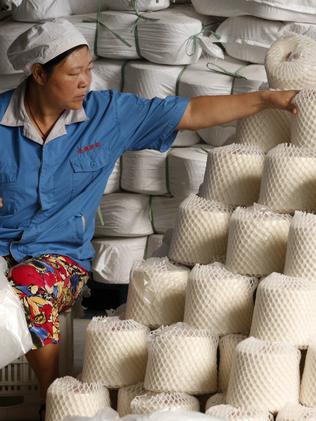
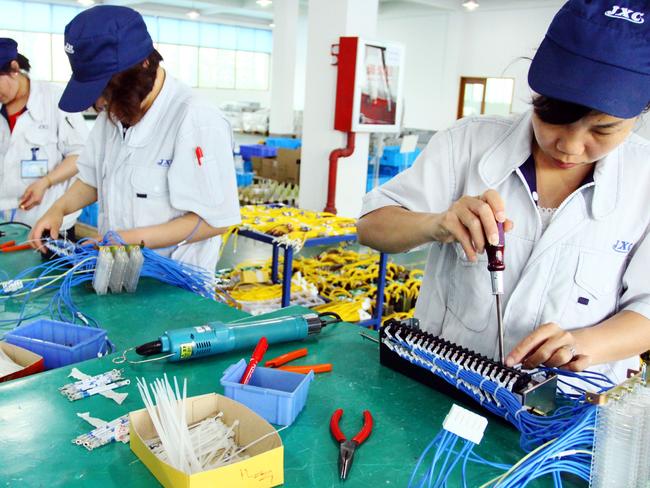
YEAH, YEAH BUT WILL STUFF GET CHEAPER?
In a word, yes. Getting rid of tariffs will make it cheaper for companies to import and export goods, helping to improve efficiency for customers on both sides of the deal.
China will get better access to Australian products like dairy, meat, wine, minerals, wool and agricultural products. Australia will get cheaper manufactured goods like clothes and textiles, plus more foreign investment in local businesses.
Former Austrade economist Tim Harcourt said while the deal has been an “ultra-marathon” the beauty of FTAs mean that both sides can win.
“It’ll benefit both [China and Australia]. Free trade agreements are not like a footy scoreboard where you get a “winner”. It’s about building exports and imports simultaneously and building investment both ways,” he said.
“A lot of it will be agricultural sectors. I think when you look at companies that export to China they pay higher wages than those that don’t. There could be some real benefit to workers in terms of wages and jobs.”
“Those prices will come down and the services and tourism sector will go quite well because we’ll see a big influx of Chinese tourists and students at our universities.”


WHAT’S THE DOWNSIDE?
But it’s not all about cheap phones. Australian School of Business at UNSW senior lecturer of International Business Dr Jane Qiu said the FTA will change the underlying structure of the economy by exacerbating the two tier system already in place in Australia.
“The nature of free trade agreements is that they follow economic principles,” she said.
For things like agriculture and minerals where Australia has a comparative advantage over China, the FTA will enhance their success. But other sectors like manufacturing could find themselves doing it even tougher.
“We will for sure lose employment in manufacturing sectors for products that can be transported but we will have employment in other sectors namely agriculture and mining, but the argument is those sectors are not labour intensive.”
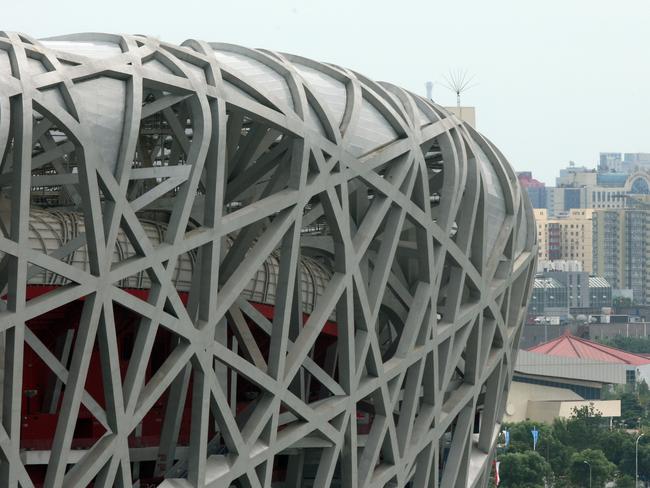
Despite this, she said the overall lift in GDP means “I’m very confident it’s positive.”
“We will have increases in the service sector especially tourism so it depends on how much we can boost tourism. The Chinese are keen to go out but we need to pitch in what they really like.”
“One of the few sectors that will gain for both countries is logistic providers, transportation. So people in this industry will be happy, especially the cold chain providers required for meat products, dairy and wine. For cold chain providers it will be very good news,” she said.
While Chinese consumers will notice an increase in products like dairy, meat and wine from Australia, for Aussie consumers the main benefits will be indirect.
Dr Qiu said it’s unlikely prices will plummet in time for Christmas as most of what is imported from China is already cheap. However there will be savings from economies of scale and efficiencies created.
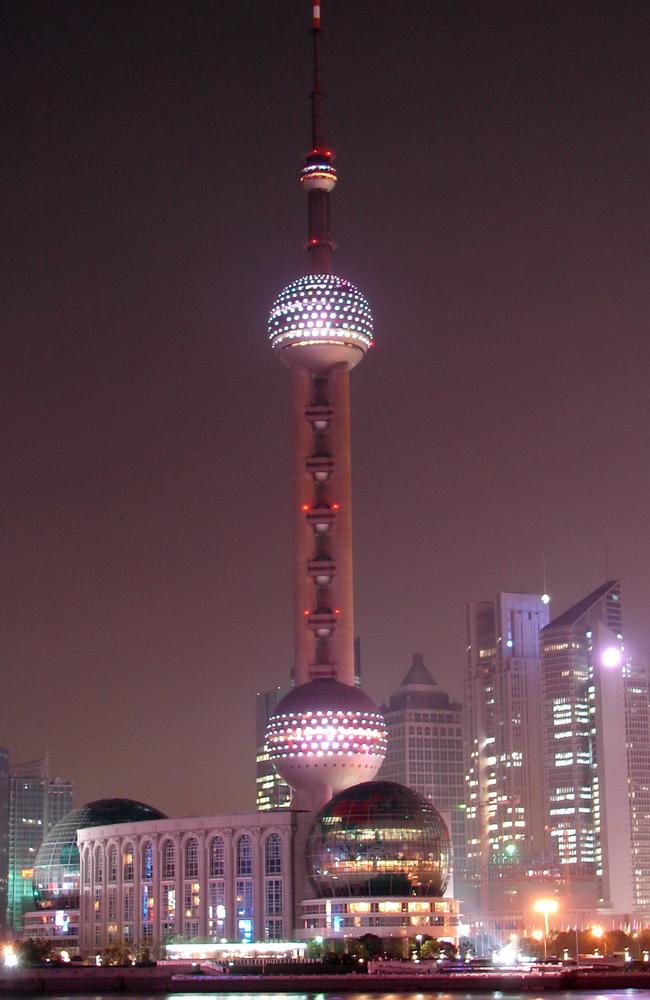
The government is touting the deal as the opportunity of a lifetime that will take the relationship to “another level altogether” according to Trade Minister Andrew Robb.
“There is so much opportunity sitting here for Australian service industries, manufacturers, resources and energy and agriculture, education, you name it,” he told ABC radio.
Foreign Minister Julie Bishop said if it comes off, the deal will be a “fitting tribute” to the relationship between Australia and China.
“That’s an outstanding result ... it creates jobs, it drives economic growth, it gives important benefits to exporters and creates opportunities for new businesses,” she said.
But it also brings the risk that Australia will be even more closely tied to the economic fortunes of China, according to Dr Qiu.
“One thing about free trade agreements is they always increase their reliance on each other. Because of the size this is a much bigger risk to Australia than to China. Having said that we’re already like that. Our economy already fluctuates with China a lot and with the FTA it will be even more so,” she said.
Labor is worried the FTA will be a raw deal for the sugar industry and could include other “nasties” for Australians. It also thinks Chinese workers could be employed at the expense of Australians and wants special conditions to protect locals such as limiting migrants in certain categories.
While this morning, Liberal Senator Bill Heffernan said it could mean “disaster” for Australia as China does not have a floating currency.
What do you think about the FTA with China? Email victoria.craw@news.com.au
